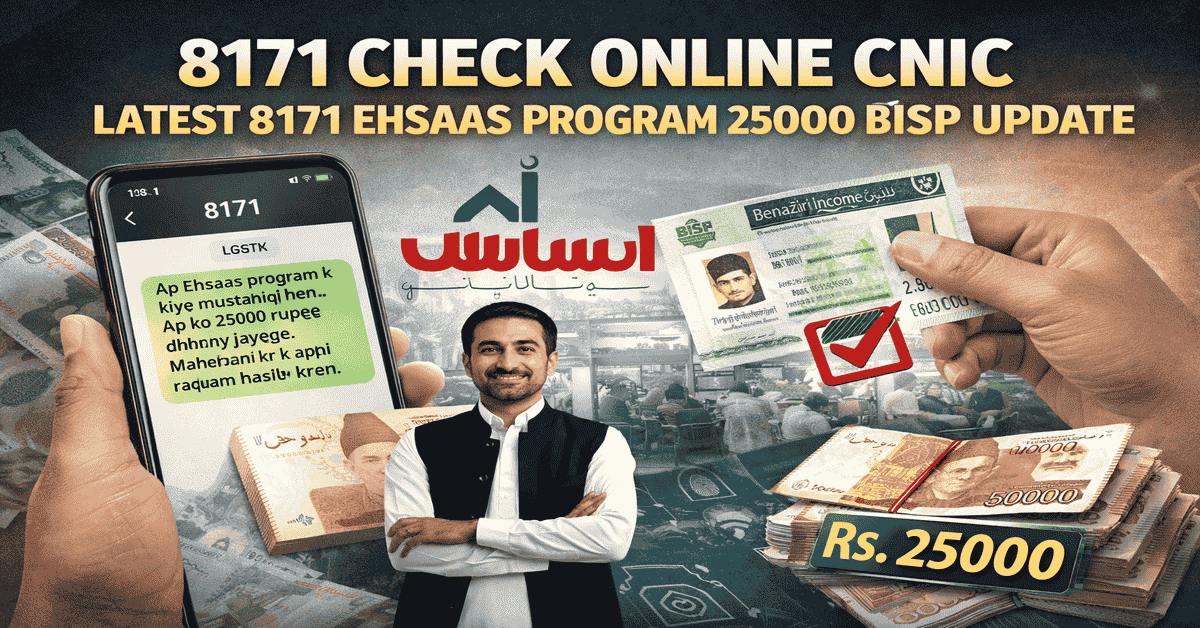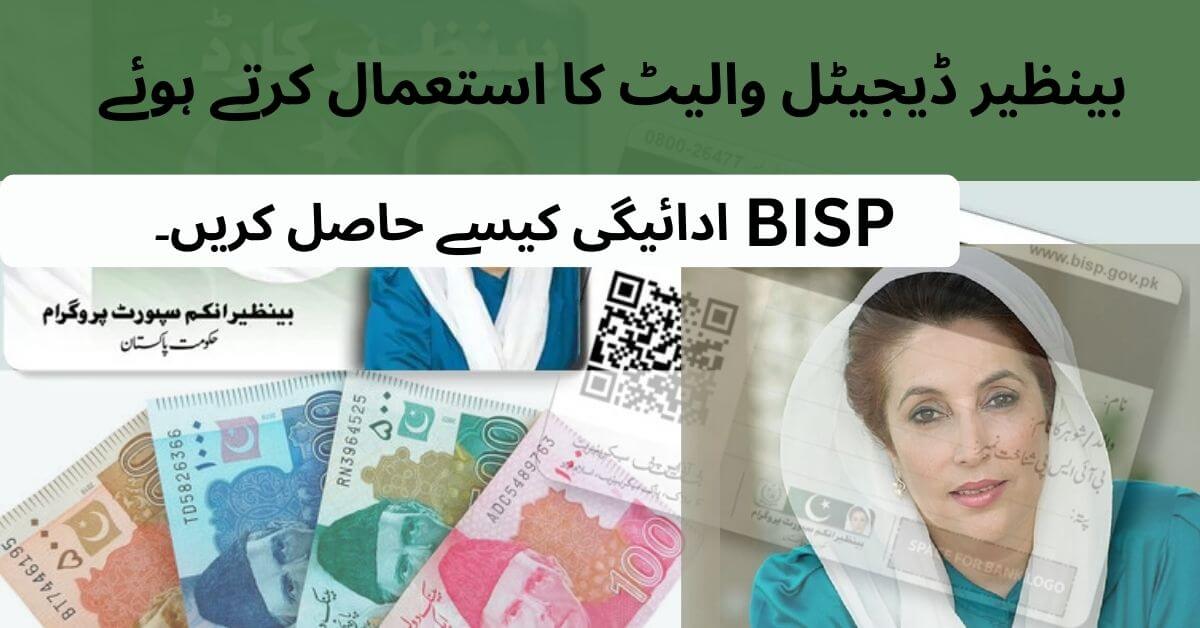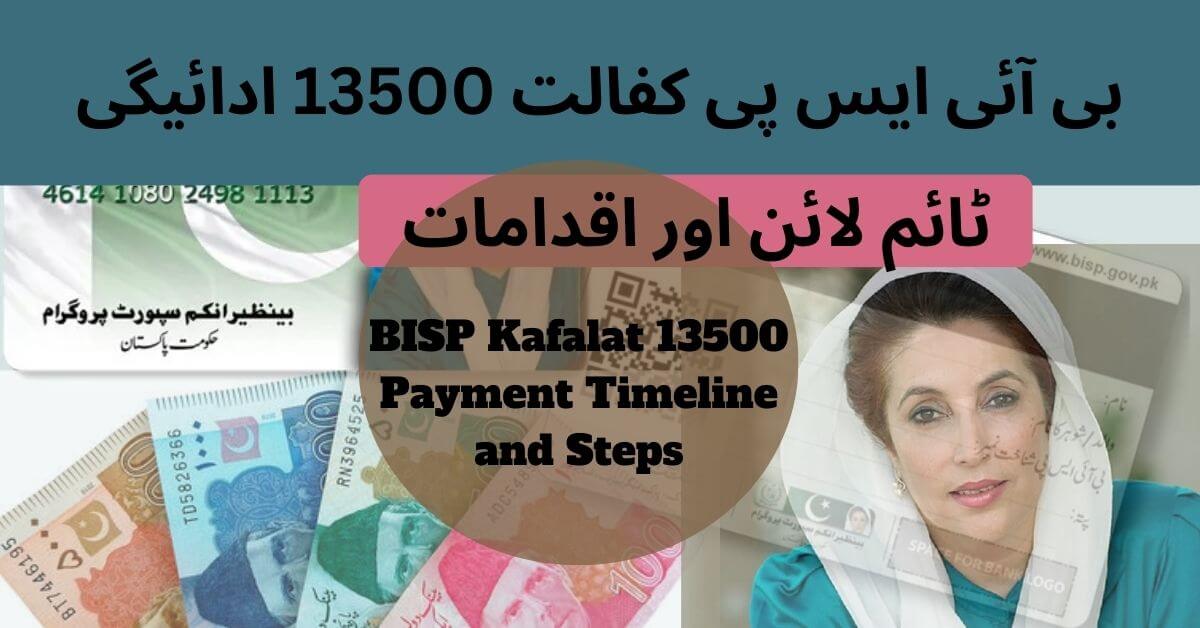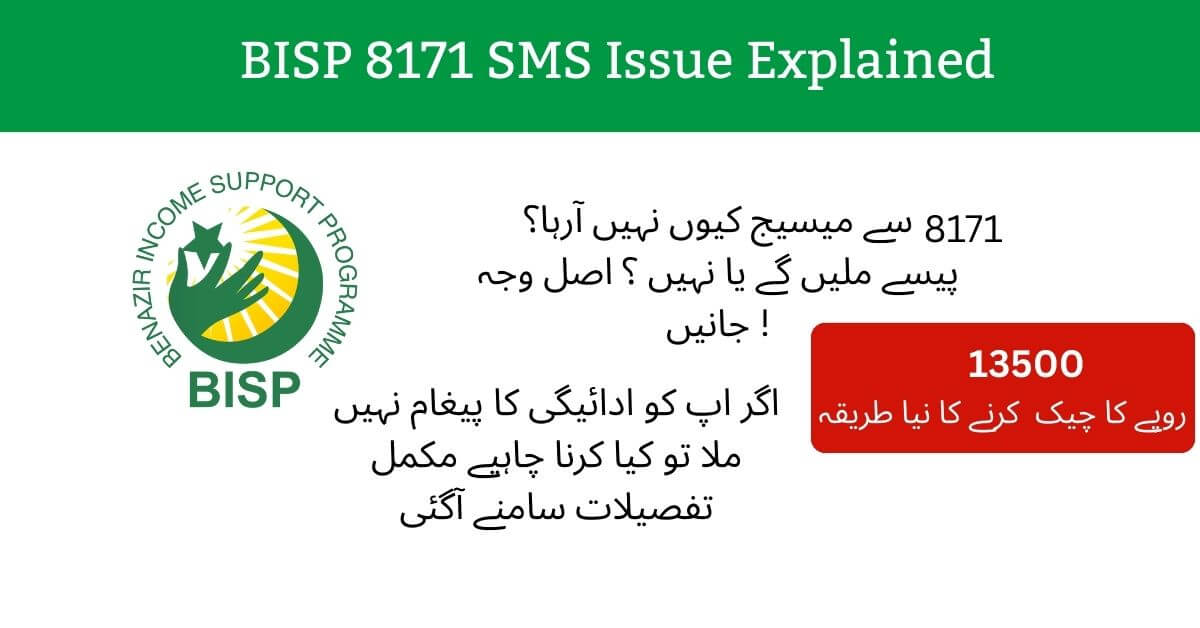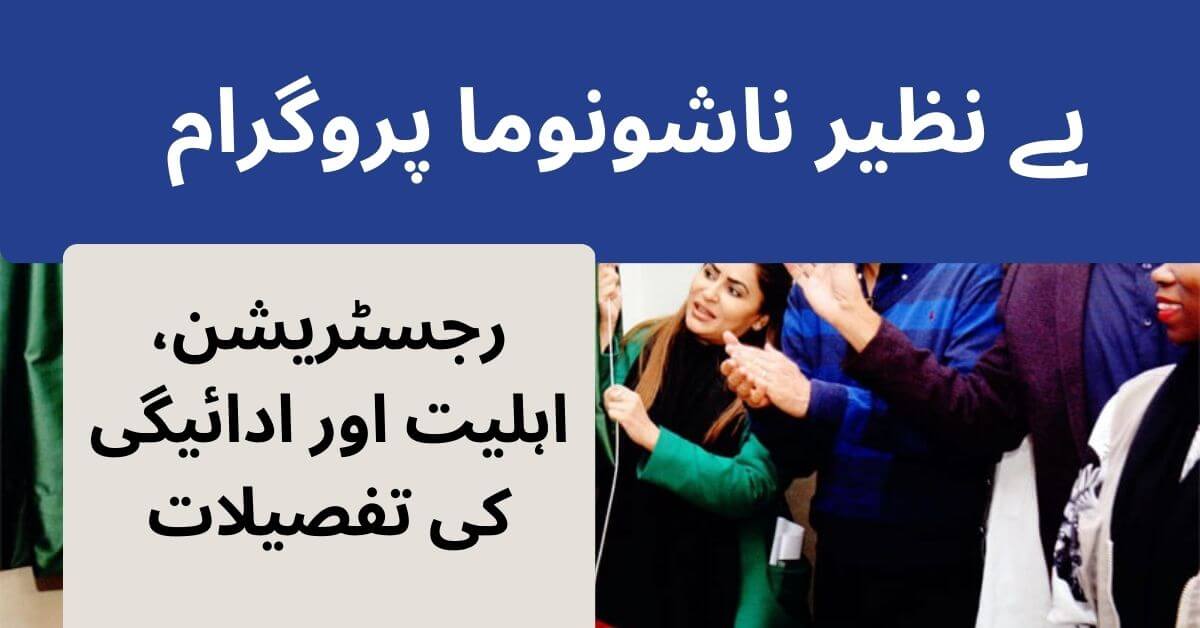The Benazir Income Support Programme (BISP) in Pakistan stands as the country’s largest social welfare initiative, designed to fight poverty and uplift vulnerable communities. Since its launch in 2008, BISP has provided cash transfers to millions of low income families, particularly empowering women by giving them direct financial control.
At its core, the program is about poverty alleviation, but over time it has also become a lens through which to understand Pakistan’s political dynamics. In fact, BISP in Pakistan Welfare, Politics and Challenge of Clientelism has become a central debate: while the program provides relief to millions, it also faces criticism for being influenced by clientelism, patronage, and political symbolism.
This article explores the welfare impact, the political dimensions, and the ongoing reforms aimed at strengthening BISP in Pakistan.
What is BISP in Pakistan?
BISP was introduced in July 2008 during the PPP government, named after Benazir Bhutto. It provides unconditional cash transfers to over 5 million households, helping cover food, education, and healthcare needs.
- Primary beneficiaries: Women, to enhance household financial decision making.
- Social goals: Poverty reduction, economic inclusion, food security, and education access.
- Reach: One of the most recognized social protection programs in South Asia.
Welfare Role of BISP in Pakistan
The welfare benefits of BISP are significant:
- Poverty reduction: Millions lifted from extreme poverty.
- Women’s empowerment: Direct financial transfers improve women’s independence.
- Food security: Families report better nutrition and reduced hunger.
- Education: Initiatives like BISP Taleemi Wazifa encourage school attendance.
These outcomes align with UN Sustainable Development Goals (SDGs), particularly those targeting poverty, education, and gender equality.
Political Dimensions of BISP
While welfare is the official purpose, BISP has been deeply connected to politics:
- Symbolism: Tied to PPP and the legacy of Benazir Bhutto.
- Political tool: Used during election cycles to strengthen voter bases.
- Regional bias: Reports suggest higher coverage in stronghold areas like Sindh.
This political layer has fueled debates over whether BISP is a national welfare institution or a party linked initiative.
Understanding Clientelism in BISP
Clientelism refers to political exchanges where welfare benefits are distributed in return for loyalty. In BISP:
- Politicians once nominated beneficiaries, favoring supporters.
- Opposition areas saw families excluded despite eligibility.
- Beneficiaries sometimes felt dependent on political leaders rather than viewing it as a state entitlement.
This eroded public trust, highlighting the need for reforms.
Reforms to Reduce Clientelism
Over time, BISP has taken steps to improve fairness and transparency:
- Poverty Scorecard (2009) → Based on household surveys, reducing political nominations.
- Biometric Verification → Prevents fraud and ensures only real beneficiaries are included.
- Digital Payments → Mobile wallets, ATMs, and T Cash cards reduce corruption risks.
- Independent Monitoring → Civil society and external audits ensure accountability.
While these reforms have improved governance, political association remains a challenge.
BISP’s Social Impact Beyond Cash
BISP is evolving beyond cash handouts. Complementary initiatives include:
- Interest free loans for women.
- Skill development programs for employability.
- Educational stipends (Taleemi Wazifa).
- Healthcare linkages to improve wellbeing.
These efforts strengthen long term poverty reduction by building self reliance.
Global Comparisons: BISP vs. Other Welfare Programs
| Country | Program | Political Dynamics | Welfare Impact |
|---|---|---|---|
| Pakistan | BISP | Clientelism, PPP association | Reduced poverty, women’s empowerment |
| Brazil | Bolsa Família | Boosted ruling party popularity | Major poverty reduction |
| Mexico | Oportunidades | Politically linked | Improved education & health |
| India | Subsidy & rural schemes | Electoral tool | Increased school attendance |
| Kenya/Ghana | Cash transfers | Politically influenced | Local poverty alleviation |
BISP is not alone welfare politicization is a global phenomenon.
Challenges Facing BISP in 2026
- Political interference: Still tied to election cycles.
- Clientelism: Risks of unfair inclusion/exclusion.
- Dependency culture: Beneficiaries may rely on stipends instead of work opportunities.
- Targeting accuracy: Poverty Scorecard needs frequent updates.
- Public trust: Citizens want BISP to be state driven, not party driven.
Technology’s Role in Strengthening BISP
Modern tech has reshaped BISP delivery:
- Biometric verification to cut ghost beneficiaries.
- Mobile banking & apps for secure, quick payments.
- Centralized poverty database for accurate targeting.
- Future AI driven poverty mapping for smarter resource allocation.
Technology is reducing corruption risks and making BISP more efficient and credible.
Civil Society & Citizen Role
For BISP to remain effective:
- Community monitoring ensures fair beneficiary selection.
- Media oversight highlights misuse.
- Citizen advocacy demands transparency.
- Awareness campaigns reduce dependency culture.
This shared responsibility strengthens the integrity of welfare programs, including initiatives like BISP Taleemi Wazifa that promote education alongside financial aid.
Final Thoughts:
The BISP in Pakistan is both a welfare lifeline and a political battleground. It has reduced poverty, improved food security, and empowered women, yet it also suffers from clientelism, dependency culture, and political manipulation.
With ongoing reforms like the Poverty Scorecard, digital payments, and biometric verification, progress is clear. But stronger governance, independence, and technology-driven targeting are needed to restore full public trust.
Ultimately, BISP in Pakistan Welfare, Politics and the Challenge of Clientelism will continue to shape debates about how Pakistan balances social protection with political neutrality. If depoliticized, BISP could become a global model of welfare rooted in fairness and justice.
Frequently Asked Questions:
Q1: What is the purpose of BISP?
To provide direct financial support to poor families, improving living standards.
Q2: How is politics tied to BISP?
BISP has been linked with PPP symbolism, voter loyalty, and clientelism.
Q3: What reforms improved transparency?
The Poverty Scorecard, biometric verification, and digital payments.
Q4: Does BISP empower women?
Yes, women beneficiaries gain financial independence and decision making power.


